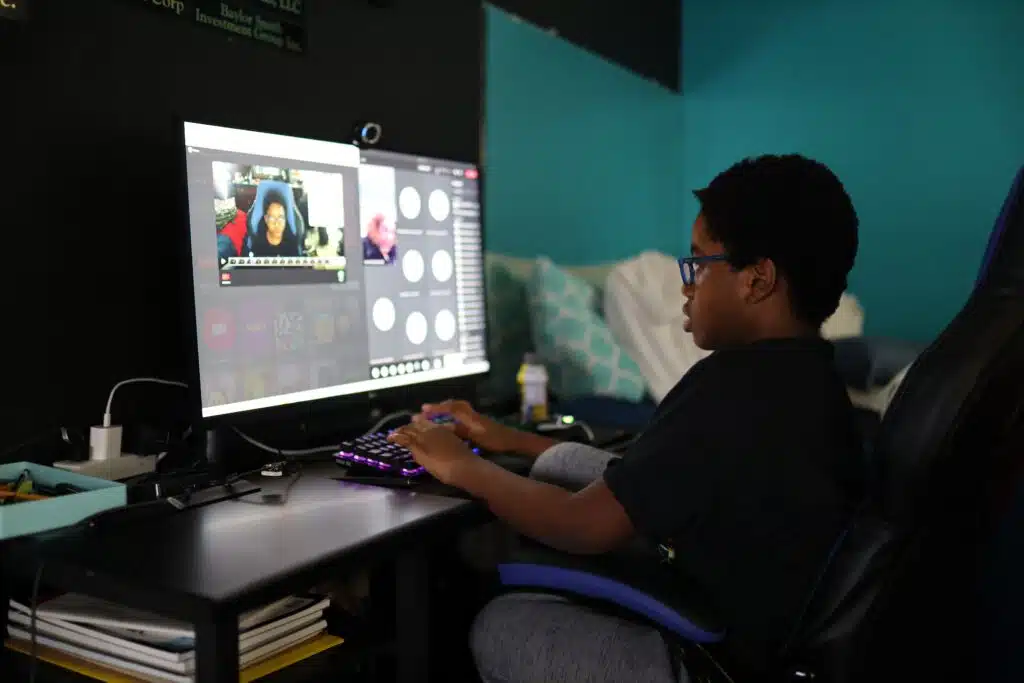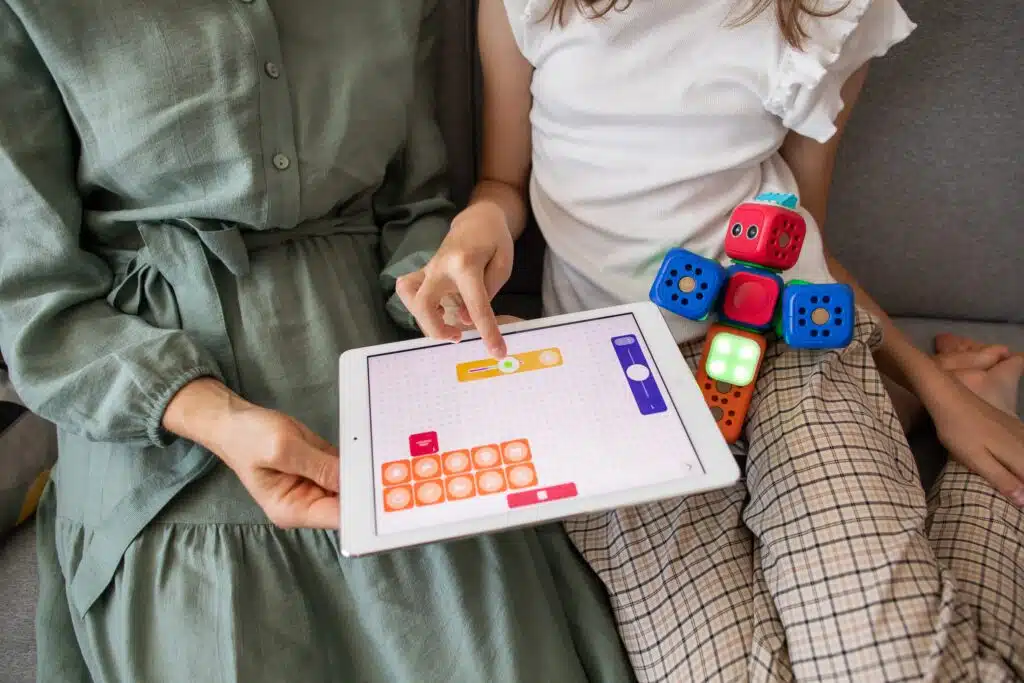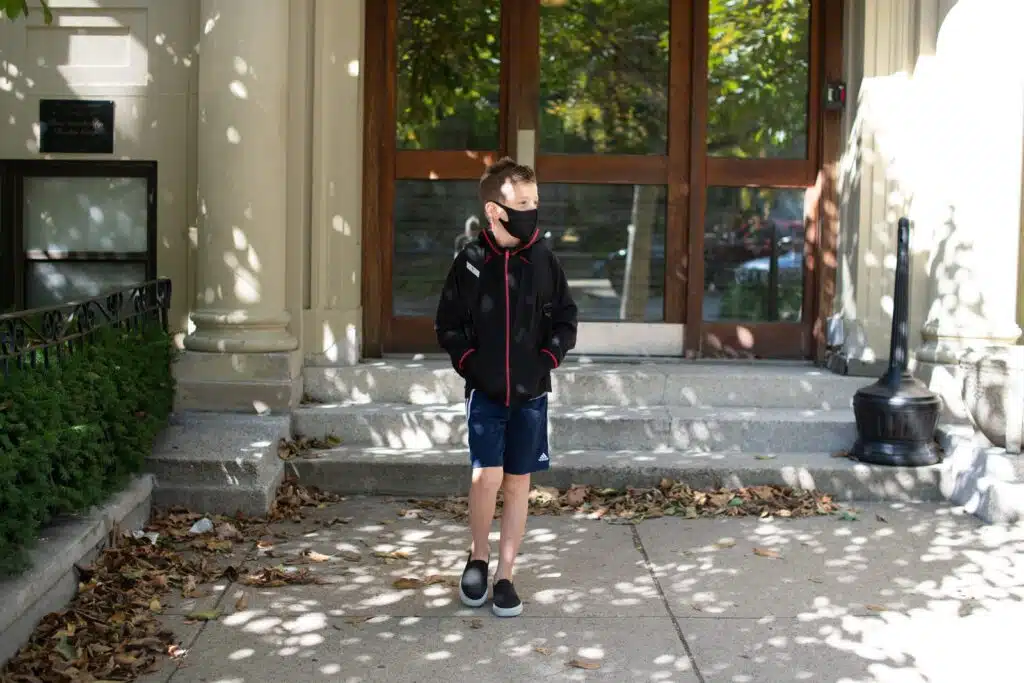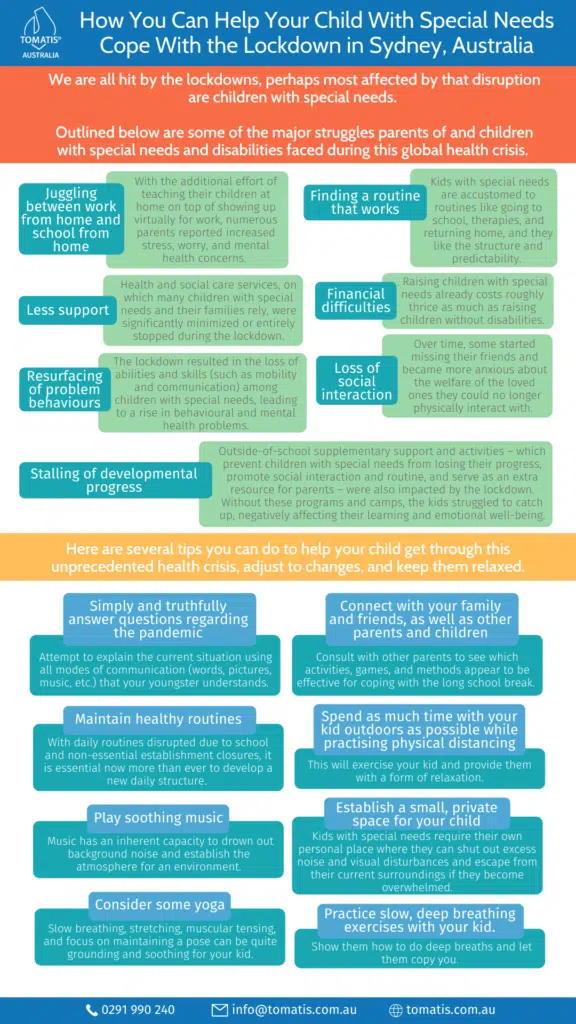Sydney, Australia | Hit by the lockdowns, perhaps most affected by that disruption are children with special needs. Here are several tips you can do to help your child get through this unprecedented health crisis, adjust to changes, and keep them relaxed.
Following its identification in Wuhan, China in late 2019, the COVID-19 virus has spread rapidly across the world. This triggered many changes in various aspects of our lives, with routine disruption being one of the major effects of the pandemic.
But while we are all hit by the lockdowns, perhaps most affected by that disruption are children with special needs. They have been particularly vulnerable to the significant changes brought about by the COVID-19 outbreak, most notably the school closures and reductions in extra support services during the lockdown.
Outlined below are some of the major struggles parents of and children with special needs and disabilities faced during this global health crisis.







